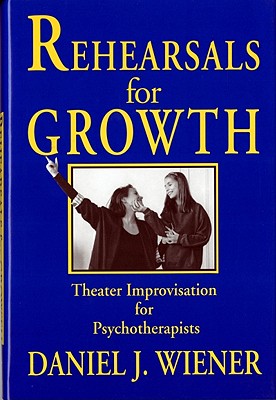
description
author and a playwright, with his work continuing to appear on stages around the world more than a century after his death. However, he is rarely studied for his intellectual and philosophical theories. His disinterest in developing a "unified idea"--in vogue for Russian intellectuals of his time--and his aversion to the maximalism characteristic of contemporary Russian culture and society set him apart from his fellow writers. As a result, Chekhov's contribution to intellectual and philosophical discourse was obscured both by his contemporaries and by subsequent scholars. Svetlana Evdokimova tackles this gap in Chekhov scholarship, examining the profound connections between his unstated philosophy and his artistic production. Arguing that Chekhov's four major plays (The Cherry Orchard, Three Sisters, The Seagull, and Uncle Vanya) constitute a kind of cycle, Staging Existence offers a major reappraisal of this critical playwright in Russian intellectual history. Evdokimova's deep, careful research into Chekhov's engagement with contemporary philosophy provides insight into both Chekhov's oeuvre and the writer himself.
member goods
No member items were found under this heading.
listens & views

VIRTUOSO LUTE MUSIC FROM ITALY ...
by VIRTUOSO LUTE MUSIC FROM ITALY AND ENGLAND / VARIOUS
COMPACT DISCout of stock
$19.99

SAMBABOOK MARTINHO DA VILA / ...
by SAMBABOOK MARTINHO DA VILA / VARIOUS
COMPACT DISCout of stock
$17.99
Return Policy
All sales are final
Shipping
No special shipping considerations available.
Shipping fees determined at checkout.





